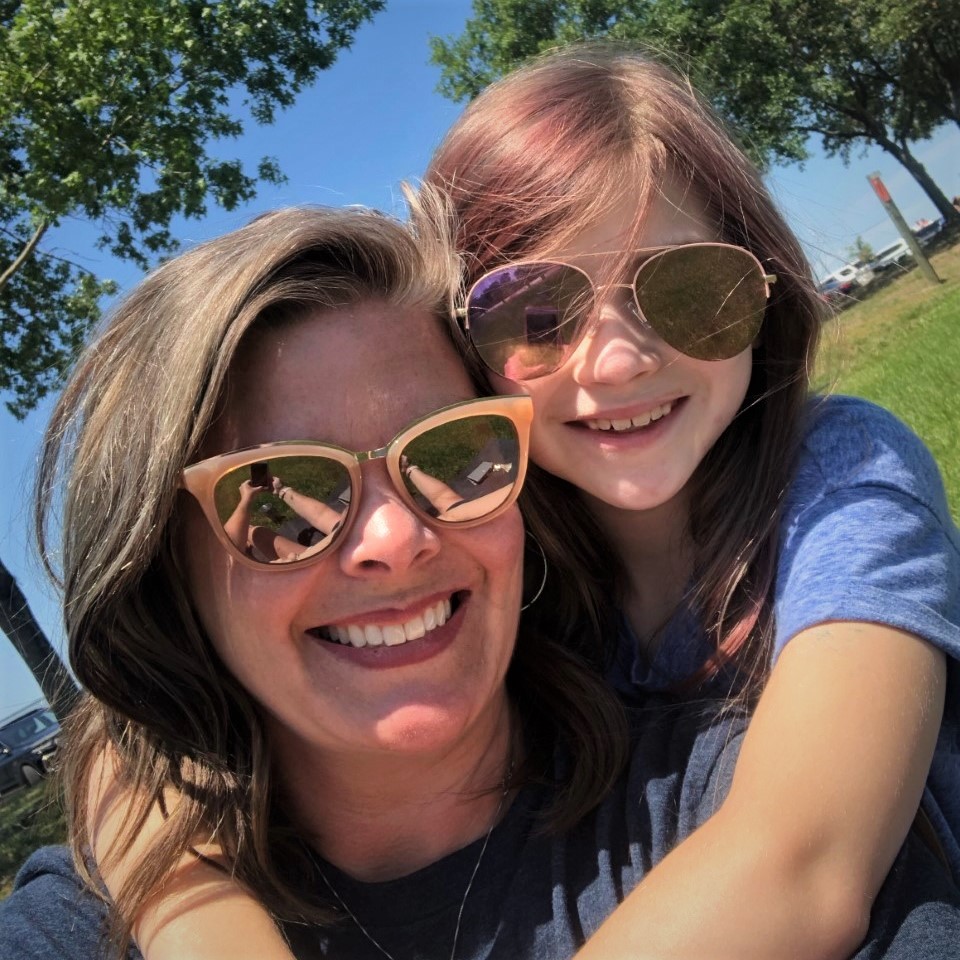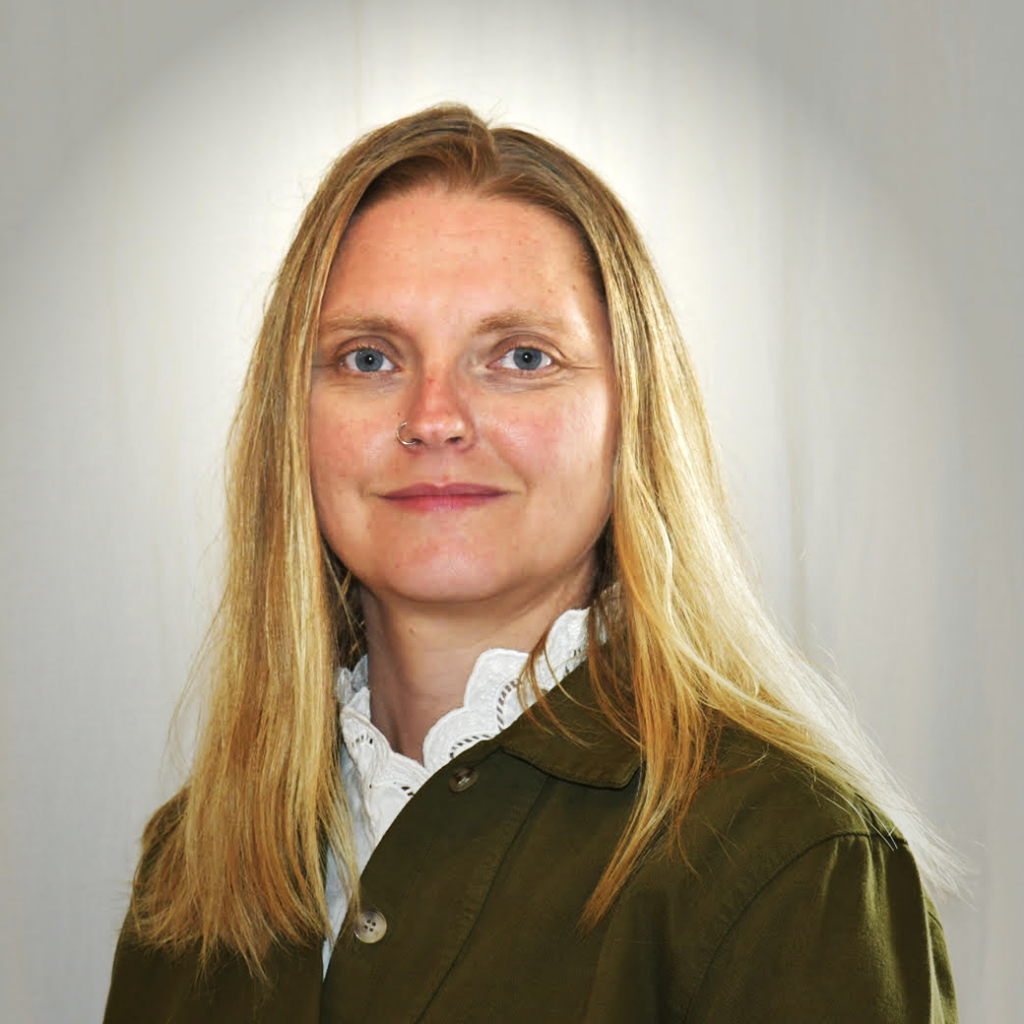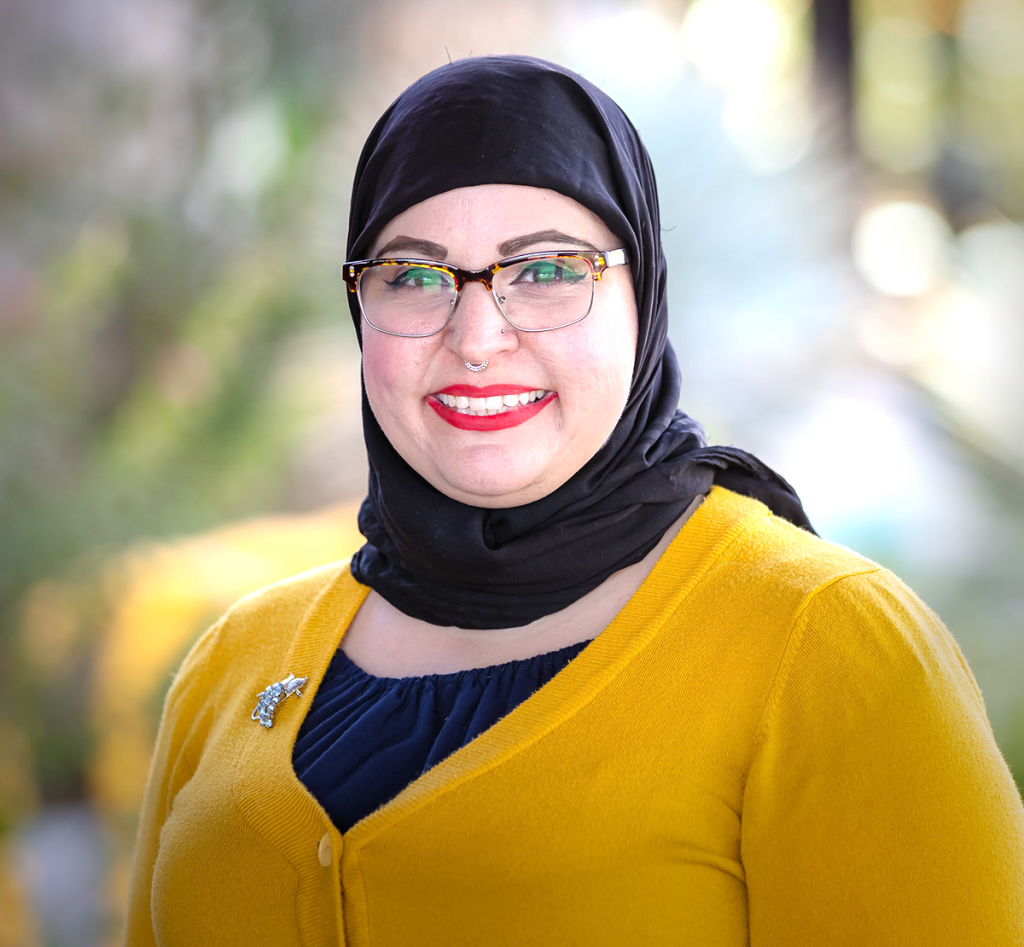
NOTE: October is Down Syndrome Awareness Month
A guest blog by Courtney Hansen, Special Education Advocate
Courtney is a non-attorney special education advocate. She advocates at the local, state, and national level for disability rights, and blogs about it at www.inclusionevolution.com
I first shared our family’s story on this blog two years ago. A lot has changed since then, although many things remain the same.
My now 8-year-old twin boys, one who has Down syndrome and the other typically developing, are still included in the same general education class. They still love playing sports together, and our family still leans on our “village” of teachers, therapists, and friends to move forward. Still, this year’s COVID-19 pandemic has set us on a trajectory of change and uncertainty that often feels unsustainable.
Read More









